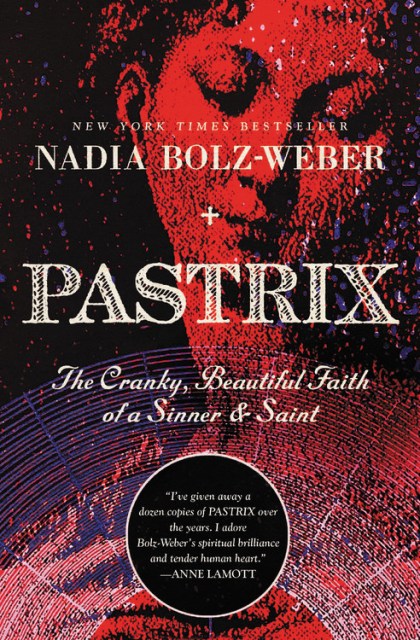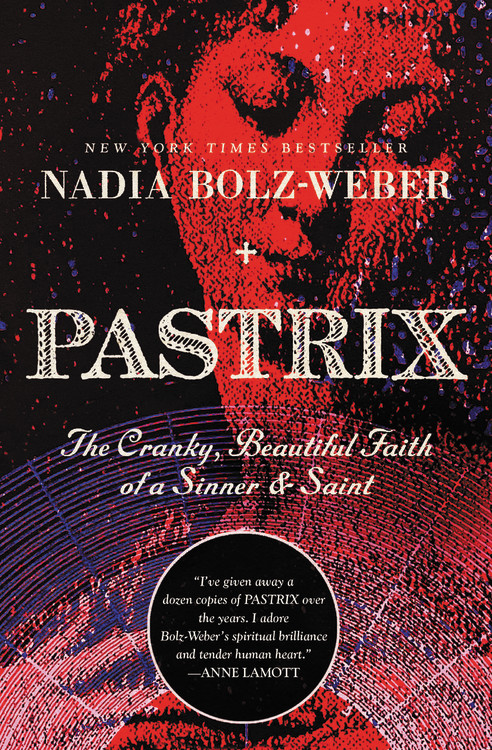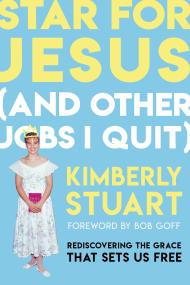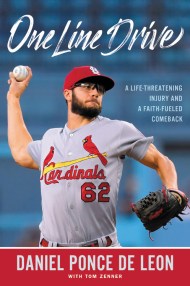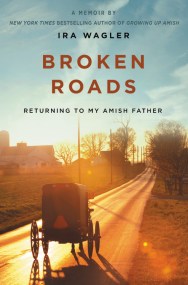By clicking “Accept,” you agree to the use of cookies and similar technologies on your device as set forth in our Cookie Policy and our Privacy Policy. Please note that certain cookies are essential for this website to function properly and do not require user consent to be deployed.
Pastrix
The Cranky, Beautiful Faith of a Sinner & Saint
Contributors
Formats and Prices
- On Sale
- May 18, 2021
- Page Count
- 240 pages
- Publisher
- Worthy Books
- ISBN-13
- 9781546012443
Price
$18.99Price
$24.99 CADFormat
Format:
- Trade Paperback (New edition) $18.99 $24.99 CAD
- ebook $11.99 $15.99 CAD
- Audiobook Download (Unabridged) $18.99
This item is a preorder. Your payment method will be charged immediately, and the product is expected to ship on or around May 18, 2021. This date is subject to change due to shipping delays beyond our control.
Buy from Other Retailers:
— Jeff Chu, Author of Does Jesus Really Love Me?
Pastrix: a derogatory term used by Christians who refuse to recognize female pastors.
Heavily tattooed and foul-mouthed, Nadia Bolz-Weber, a former stand-up comic, sure as hell didn’t consider herself to be religious-leader material—until the day she ended up leading a friend’s funeral in a smoky downtown comedy club. Surrounded by fellow alcoholics, depressives, and cynics, she realized: These were her people. Maybe she was meant to be their pastor.
Using life stories—from living in a hopeful-but-haggard commune of slackers to surviving the wobbly chairs and war stories of a group for recovering alcoholics, from her unusual but undeniable spiritual calling to pastoring a notorious con artist—Nadia uses humorous narrative and poignant honesty to portray a woman who is both deeply faithful and deeply flawed, giving hope to the rest of us along the way.
This is the book for people who hunger for a bit of hope that doesn’t come from vapid consumerism or navel-gazing; for women who talk too loudly and guys who love chick flicks; for the gay man who loves Jesus and won’t allow himself to be shunned by the church. In short, this book is for every thinking misfit suspicious of institutionalized religion but still seeking transcendence and mystery.
Updated with a new afterword, Pastrix is wildly entertaining, sardonically irreverent, and deeply resonant—a messy, beautiful, prayer—and profanity-laden narrative about an unconventional life of faith.
-
"Funny, raw, and packed with truth, this book is offensive in all the right ways...This book reminded me of why I am a Christian, and I wept when I finished it."Rachel Held Evans, author of Searching for Sunday
-
"This is an astonishing book...contagious, honest, captivating...a rare gift...I realize that I'm gushing, but that's what you do when a book inspires and moves and touches you like this one does."Rob Bell, author of What We Talk About When We Talk About God and Love Wins
-
Seven years on from its original publication, Pastrix remains bracing and beautiful. Nadia’s bold vulnerability and tender heart are timeless gifts. And the words she has added to this edition remind me: We need her call to tender grace and a loving, forgiving God now more than ever.Jeff Chu, author of Does Jesus Really Love Me?
-
"Engaging and accessible...Bolz-Weber is clear-eyed about the personal travails faced by the marginalized and those without faith."Booklist
-
"Bolz-Weber has such a distinctive voice and outlook, it's amazing she hasn't written more books. Perhaps it's because she's been too busy living the checkered and fascinating life that is the subject of her theological memoir...Here's hoping her authentic voice continues to preach in more books."Publishers Weekly
-
"Bolz-Weber represents a new, muscular form of liberal Christianity, one that merges the passion and life-changing fervor of evangelicalism with the commitment to inclusiveness."The Washington Post
-
"The amazing thing about Nadia Bolz-Weber is that she manages to take her Christianity into corners of life where the church can be pretty uncomfortable going."The Daily Beast
-
"Bolz-Weber is a surprisingly vulnerable narrator who pairs personal confessions with beautifully articulated statements of faith."Christian Century
-
"For anyone who is Christian, interested in Christianity, anti-Christian (or anti-Religion), I recommend this book."Gordon Gano, lead singer, Violent Femmes
-
"Nadia Bolz-Weber is what you'd get if you mixed the DNA of Louis C.K., Joey Ramone and St. Paul. She is by far my favorite tatted-up, cranky pastor ever. Follow her. Not just on Twitter, but wherever her unique mind takes you. What I'm trying to say is: Buy this book."A.J. Jacobs, author of The Year of Living Biblically
-
"Pastor Nadia Bolz-Weber speaks the truth of our humanity that we too often want to deny. She declares the radical power of God's grace for Jesus' sake that we so often water down rather than daily be drowned in it. Yes, read at your own risk."Presiding Bishop Mark Hanson, ELCA
-
"A wonderful, rule-breaking, stereotype-smashing book that succeeds as a memoir, as a sermon on love, and as a welcome home 'letter' to the rejected. With this book, Nadia will become America's pastor to those alienated from religion but who still crave transcendent purpose and meaning in their lives."Frank Schaeffer, author of Crazy for God
-
"Brilliant and hilarious...With this powerful book, Nadia claims the prophetic voice of the apostle to the apostles. And, like Mary Magdalene, she carries the good news of resurrection to the world."Sara Miles, author of Take This Bread, Jesus Freak, and City of God
-
"This book is Mere Christianity for an altogether new kind of Christianity that's also blessedly ancient. I couldn't turn pages fast enough and yet regretted the book's hastening end."Jason Byassee, senior pastor of Boone United Methodist Church and Fellow in Theology & Leadership at Duke Divinity School
Newsletter Signup
By clicking ‘Sign Up,’ I acknowledge that I have read and agree to Hachette Book Group’s Privacy Policy and Terms of Use
